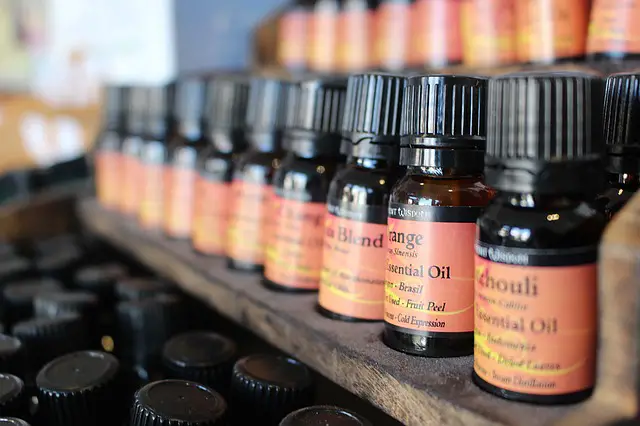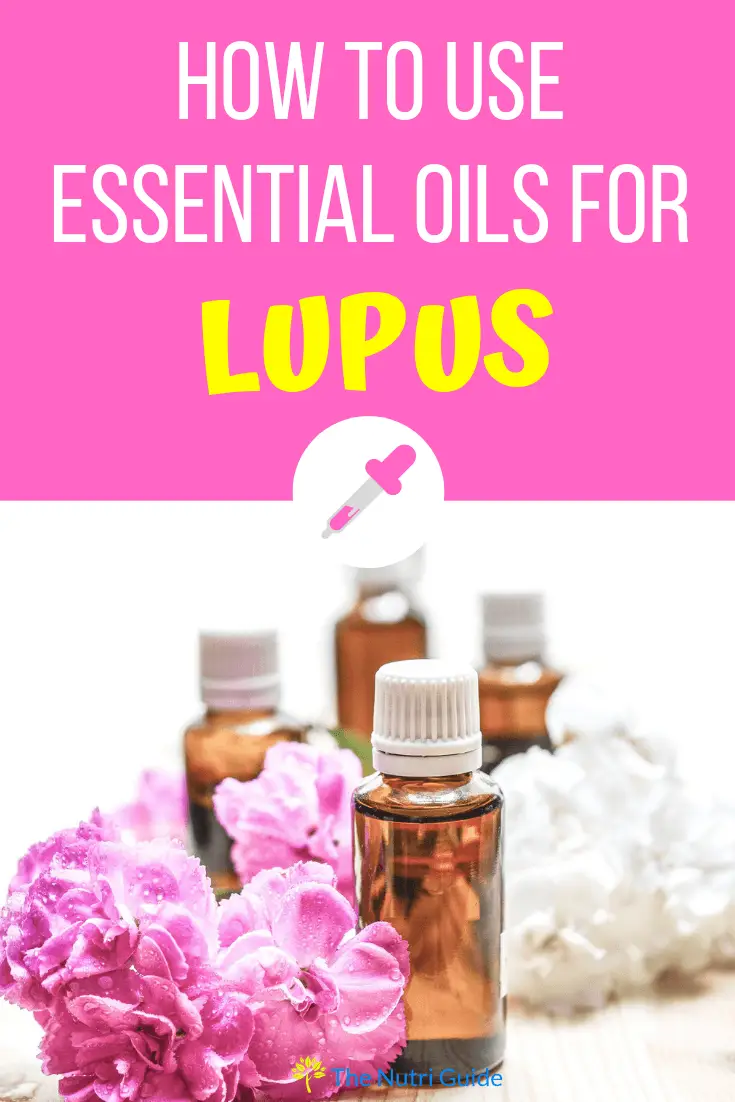Using Essential Oils for Lupus

Essential Oils for Lupus

When you buy through links on our site, we may earn an affiliate commission at no additional cost to you (learn more)
If you have lupus, you are familiar with the sleeplessness, joint pain, headaches, and other symptoms that are common with this disease. Essential oils can help alleviate some of the adverse signs of lupus, allowing you to feel better and rest easier. While essential oils cannot cure lupus, they can help relieve pain, sleep better, and reduce inflammation associated with this disorder, which means a lot to those who suffer with it.
What is Lupus?
Lupus is an autoimmune disorder. This chronic condition causes the immune system to attack healthy organs and tissues in your body, triggering increased inflammation and other symptoms. Lupus can affect your heart, joints, brain, kidney, liver, and digestive system, making it a hard disease to cope with on a daily basis. Those with lupus often have increased stress levels, as well, from living with this chronic disorder.
Those with lupus can have varied symptoms, with some beginning suddenly and others developing more slowly. Some symptoms may last for years while others may come and go, and many signs of lupus mimic those of other diseases, making it hard to diagnose definitively.
The most common signs of lupus are fatigue, fever, pain and, stiffness in the joints, a butterfly-shaped rash, lesions on the skin, difficulty breathing, chest pains, headaches, and dry eyes.
How Can Essential Oils Help?
The number one treatment for lupus involves reducing the inflammation that is caused by this disorder. Many of the prescription medications designed to treat lupus have numerous adverse effects, which can cause additional problems, so many look to natural treatment options with fewer side effects to lower inflammation and treat the symptoms of lupus.
It is important to note that you should always talk with your doctor about your medications and treatment for lupus, and never stop taking prescribed medication without your doctor’s consent. While natural remedies can help alleviate your symptoms, they are not always effective at treating all of the symptoms of lupus.
Here are some essential oils that you can use to treat some of the symptoms most associated with lupus.
- Orange essential oil reduces inflammation and can provide relief during flare-ups.
- Frankincense essential oil is also useful for reducing inflammation.
- Peppermint essential oil can calm nausea and stomach upset, which are common with lupus. Peppermint also reduces inflammation in your joints, lowering pain and increasing your range of motion.
- Ginger essential oil can help settle nausea and upset stomach due to lupus.
- Lavender essential oil can help with insomnia, which is also a common problem for those with lupus. Lavender can help you relax, reduce stress, and sleep easier, which can make coping with lupus easier.
- Helichrysum essential oil has shown promise in reversing autoimmune reactions from disorders such as lupus. It also supports the nervous system, which can be affected by this disease.
- Geranium essential oil can help relieve the skin inflammation and rashes associated with lupus.
Essential oils are most commonly used for aromatherapy. Add a few drops to a cool-mist diffuser for best results. If you want to use essential oils on your skin, you should mix a few drops with a neutral carrier oil, such as coconut or jojoba oil. Always test your skin in a small patch on your arm or leg before applying any essential oil to your face, neck, or more sensitive areas of your skin.
If you plan to take essential oils internally, you should first check that your oil medication for internal use. Essential oils appropriate for internal use can be taken with water, mixed with honey, or blended into a smoothie or juice.
Related Posts




